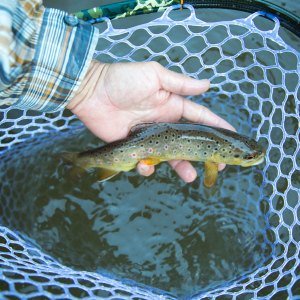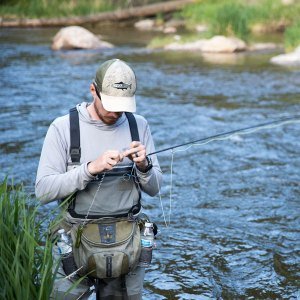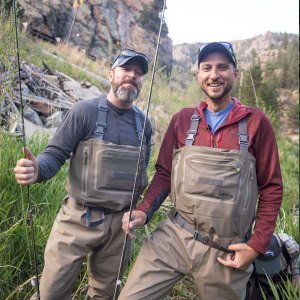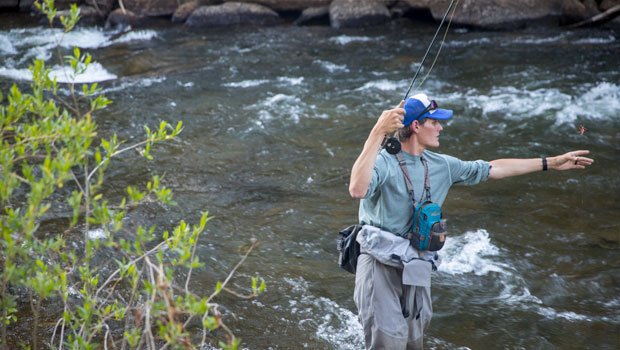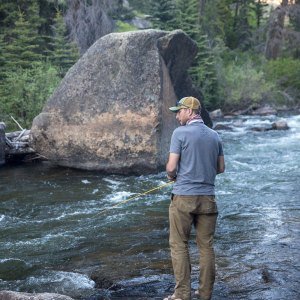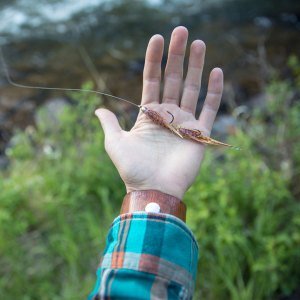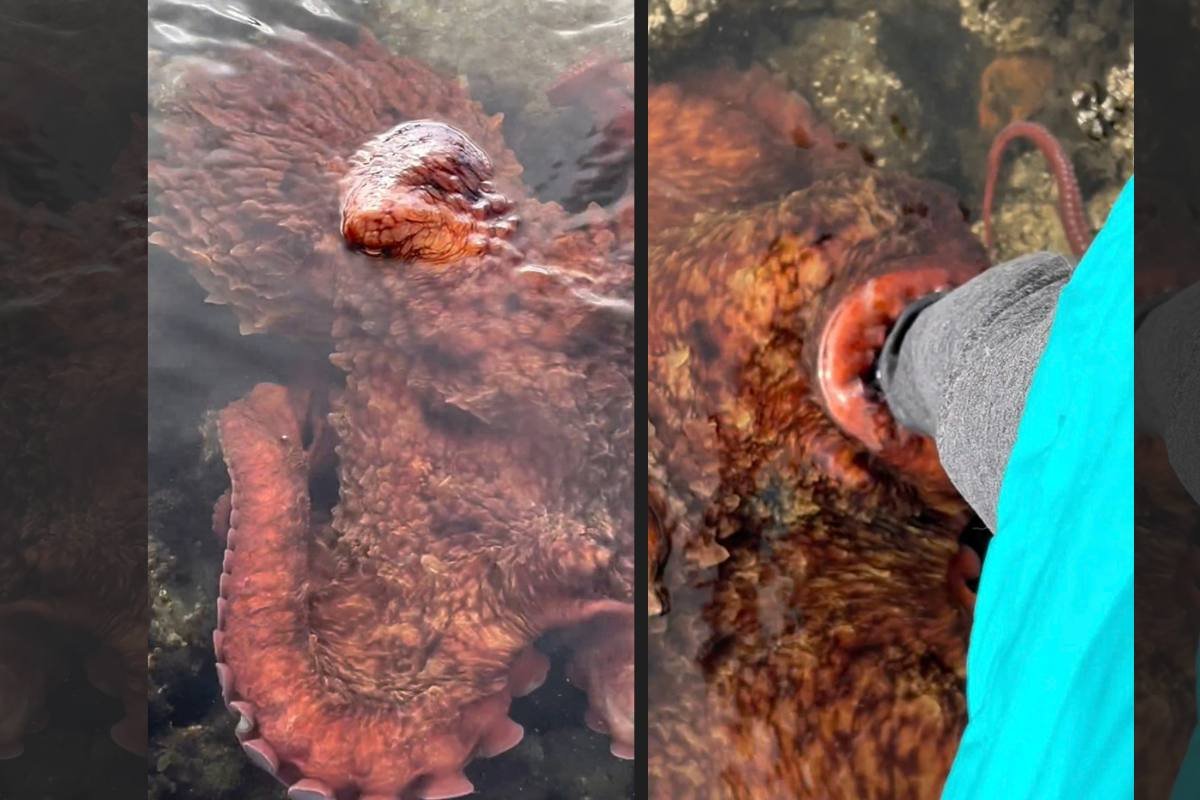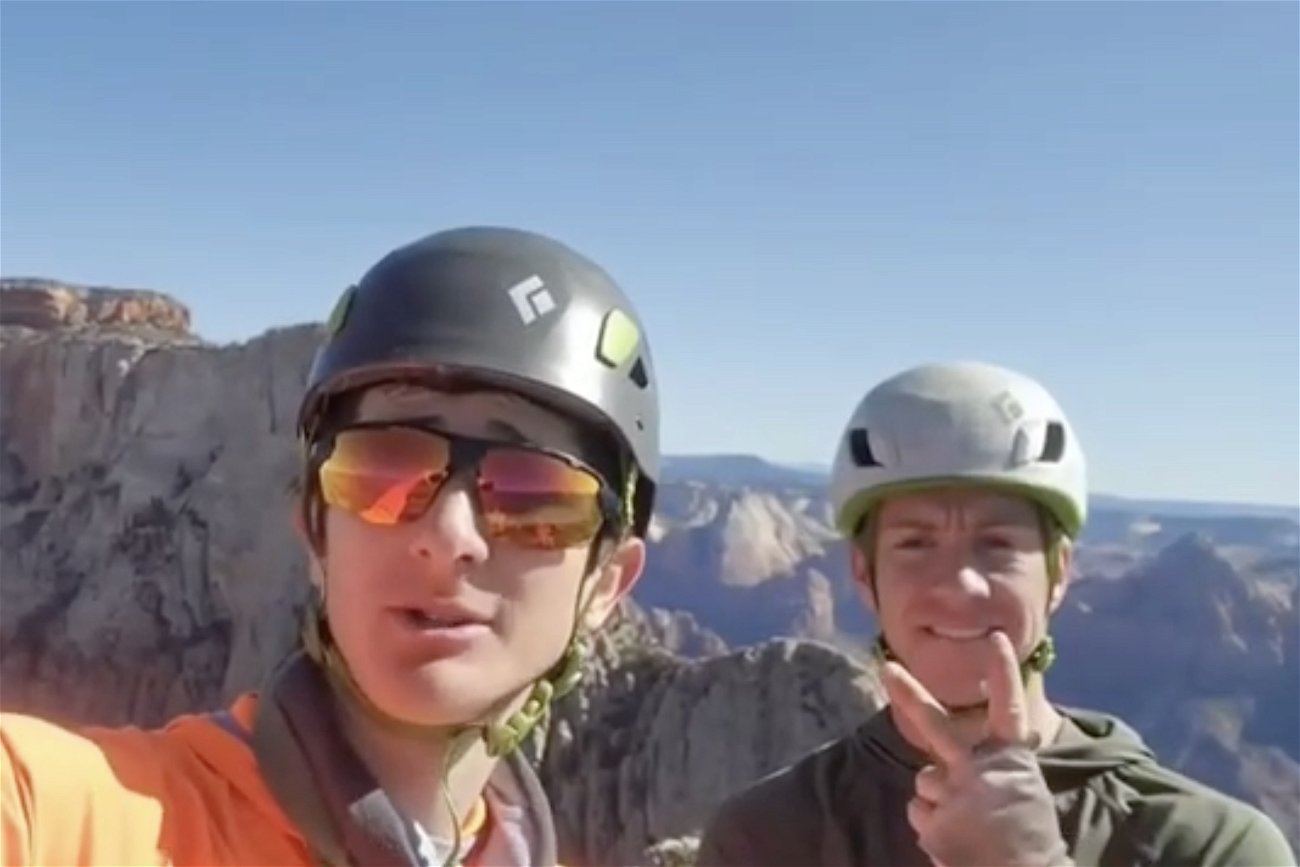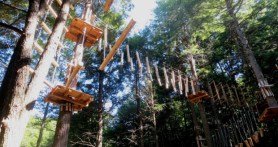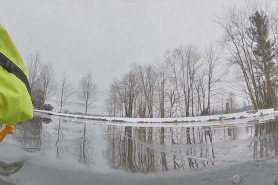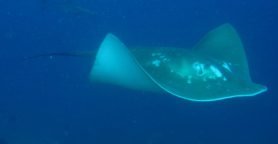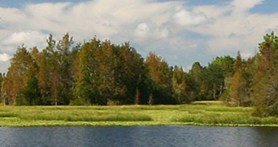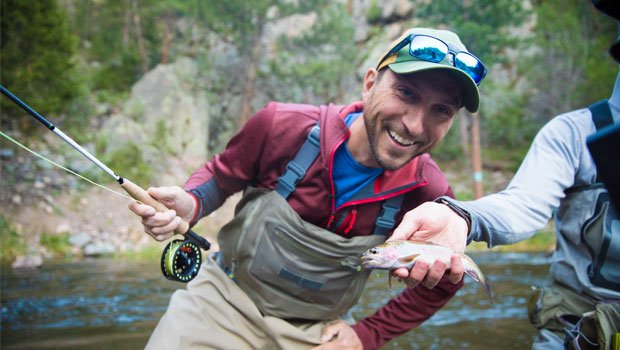

Colorado Rocky Mountain FISH!
Perhaps more than any other state, Colorado typifies the “mountain lifestyle.” That includes hiking, biking, climbing, and simple appreciation of the scenic beauty and clean air. But consider this: Colorado is also home to more than 2,000 lakes and 8,000 miles of river. That means floating sports like canoeing, kayaking, and paddle boarding are also part of mountain life.
And so is fishing!
In the 1,000-plus miles we covered during the 50 Campfires Field Trip: Heart of the Rockies, we were blown away by the number of people we saw fishing nearly everywhere there was water – especially flowing water. We made it a point to try it for ourselves.
The primary fish pursued in Colorado’s rivers are trout. There are opportunities to catch rainbow, brown, brook, lake, and cutthroat species as well as Kokanee salmon, which is a land-locked sockeye. It’s interesting to note, the only one of these species truly native to Colorado is the cutthroat, which is actually a mountain subspecies of the rainbow trout. The threatened Greenback rainbow trout subspecies was named the official state fish in 1994, but it was originally planted in Colorado’s waters in the late 1800s. There are a number of other non-native rainbow subspecies found in Colorado waters today.
However, for most Colorado anglers the greatest prize in fishing flowing water is hooking, landing, and releasing a cutthroat. The true mountain trout, they represent the high-country lifestyle most authentically. These beautiful trout are only found in a portion of their original range today due to being pushed out by the non-native species, over-fishing, and habitat loss.
While anglers of most any kind are welcome to fish in Colorado, the most iconic method for river trout is fly fishing. The Brad Pitt movie, “A River Runs Through It” is about a lot more than fishing, but gives a good idea of how religiously some anglers take catching trout on flies. It can become a lifestyle.
However, the 50 Campfires team – like most car camping families – aren’t necessarily looking for a lifestyle. They are looking for new experiences and to collect lasting memories. Fly fishing for trout in Colorado easily provides both.
Like anywhere else, fishing in Colorado is governed by regulations and licensing meant to protect the resource and ensure it’s available fairly to the public – the people who own the resource under the North American model of wildlife conservation. In the Centennial State, the body tasked with managing fish resources is the Colorado Department of Parks & Wildlife. You can find out all you need to know about Colorado fishing at their website
Colorado also has great fishing for warm water species like bass, panfish, catfish, pike, walleye, and more. Public shore fishing provides great access to all of these for family-friendly fishing opportunities.
Go Guided or Unguided?
There are plenty of public places to fish in Colorado for both cold water (trout) and warm water species. Access is not the reason you should consider a guide. If you are an experienced angler, own your own equipment, and confident you have the proper license and understand the regulations – just get out there and do it!
But just because you have access, doesn’t mean every stretch of water is created equal and that you have the knowledge it takes to fool the fish into biting. As is always said, “There’s a huge difference between fishing and catching!” And this is especially true if you’re considering fly fishing.
Colorado is blessed with many friendly, experienced fishing guides and fly shops. If you’re goals are to…
· Have an enjoyable experience on the water.
· Actually learn about fly fishing and build your skills.
· Fish with the proper equipment for your skill level.
· And significantly boost your odds of actually catching fish, and not just fishing for them.
… then hiring guides like Nick and Clint did from Kirk’s Fly Shop in Estes Park is well worth the small investment. It’s actually a bargain compared to outfitting yourself with all the gear, especially if fly fishing is not something you’ll be doing frequently. The gear outfitters provide as part of their regular service is of top-quality and appropriate to the skill level of the clients.
